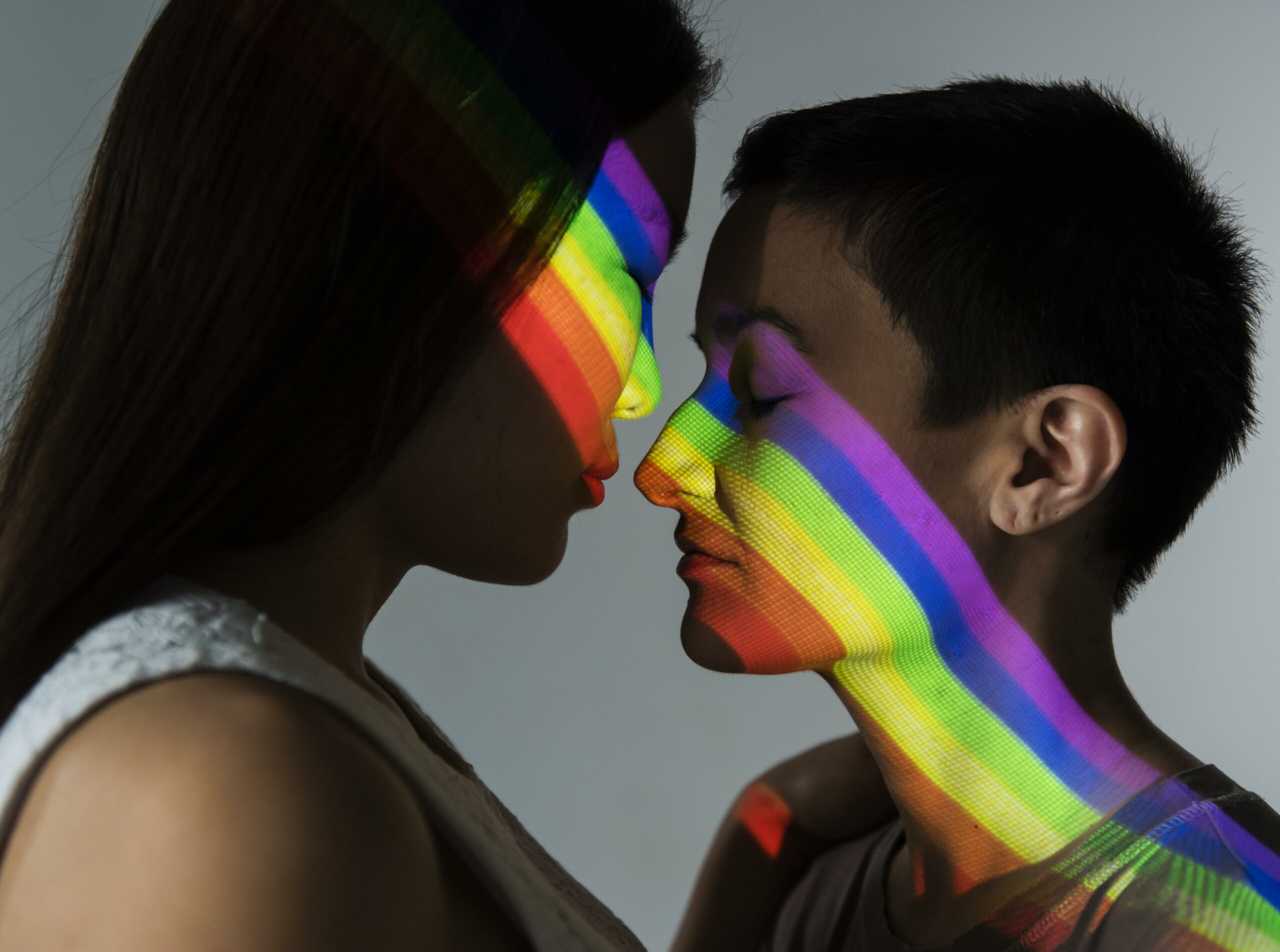
LET’S participated in a feedback session for the Beyond the Binary BC Guide before the guide is released to a national audience. This is in advance of a roundtable event planned for May, which will bring both the Researcher and Community Task Force members to one table, with the goal of creating a shared knowledge mobilization plan for the Beyond the Binary Canada Guide. The Beyond the Binary project takes a patient-oriented and trauma-informed approach to building partnerships and dialogue to incorporate gender equity into women’s health research. LET’S’ executive director Heather McCain is part of the Community Steering Committee for this project.
At this particular feedback session, Heather offered suggestions around how lived experience could be amplified in the guide (through the inclusion of direct quotes, for example) and suggested more examples of how language and specific terms could be used in relevant situations. Heather referenced the Realize employment research project LET’S was involved in last year and the diversity, dynamics, and depth of information we received and shared as part of that project.
